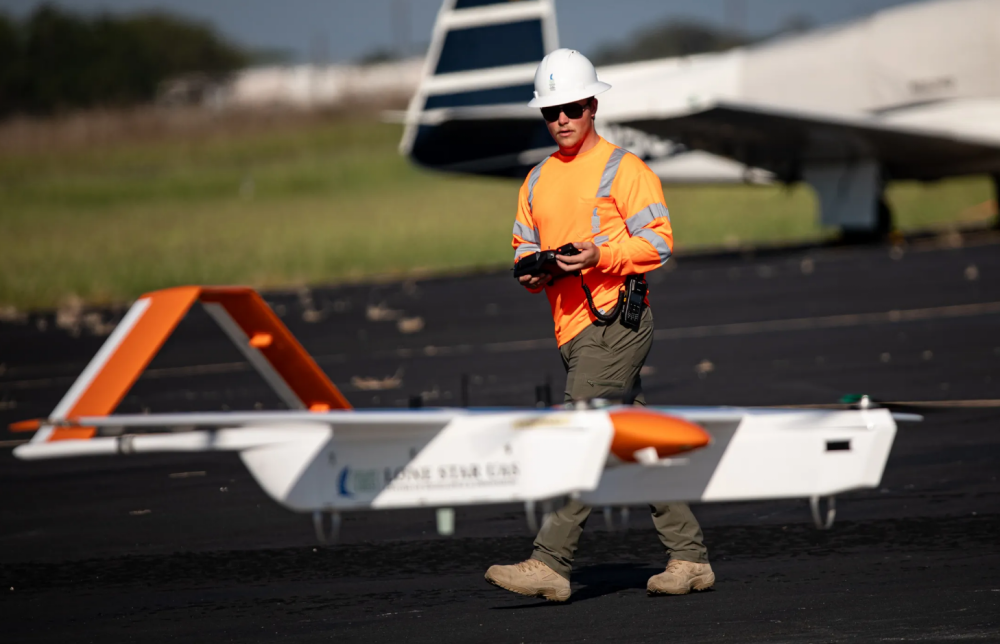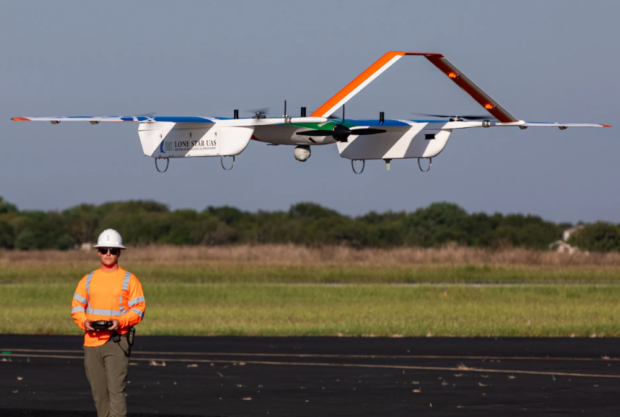Texas A&M University-Corpus Christi
’s unmanned aerial systems program is growing, with new additions in the form of aircraft. The university has recently signed a lease agreement with city officials to expand its footprint at Corpus Christi Airport.
This new space, including a hangar and about 19,000 square feet of empty property, will support the university’s research and testing of unmanned aerial systems.
The unmanned aerial systems program at Texas A&M University-Corpus Christi is one of seven Federal Aviation Administration (FAA) UAS test sites in the nation. As a test site, the program contributes research and data to the FAA, helping to guide the safe integration of unmanned aerial systems into shared airspace. This includes evaluating drone functions and exploring potential policies and standards that should be required.
The program has previously participated in NASA research, and the expansion at Corpus Christi’s airport could be a step towards creating an air mobility corridor within Nueces County. This corridor would provide controlled airspace for drones to operate, enabling further advancements in drone technology and applications.
The program is also focusing on areas beyond engineering. They are conducting studies on community sentiment about drone operations and partnering with the university’s psychology department to assess cognitive load for pilots. This research aims to ensure the safe and effective operation of unmanned aerial systems.

Lone Star UAS senior pilot Grady Booth lands the Commaris Seeker, a long range electric fixed-wing drone weighing less than 55-pounds, during a field test at Nueces County Airport on Friday, Sept. 29, 2023, in Robstown, Texas.
The ultimate goal of the program is to bring additional NASA and FAA work to Corpus Christi, including the possibility of studying the potential use of larger drones in package delivery and offshore delivery. The program believes that the combination of location, university resources, and the FAA test site designation offers significant opportunities for cutting-edge applied research in the area.
Nueces County Commissioner John Marez expressed support for the program and its expansion, highlighting the collaborative efforts between the county and city. The county is also considering improvements at its airport to further accommodate the program’s activities.
Overall, the expansion of Texas A&M University-Corpus Christi’s unmanned aerial systems program at Corpus Christi’s airport signifies a significant step forward in drone research and innovation in the region.
Top Photo: Lone Star UAS senior pilot Grady Booth launches the Commaris Seeker, a long range electric fixed-wing drone weighing less than 55-pounds, during a field test at Nueces County Airport on Friday, Sept. 29, 2023, in Robstown, Texas
Sources: TS2; Caller Times

